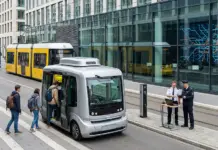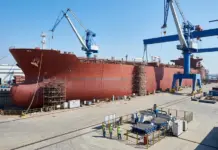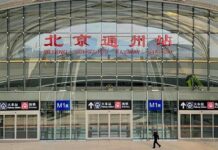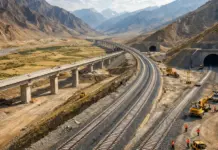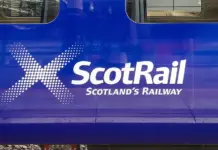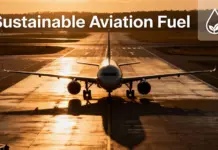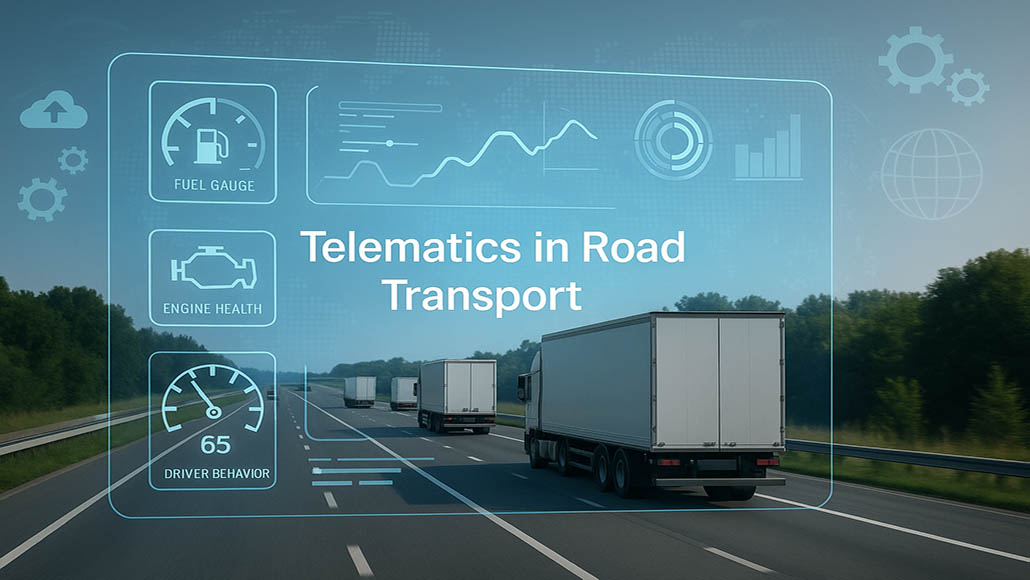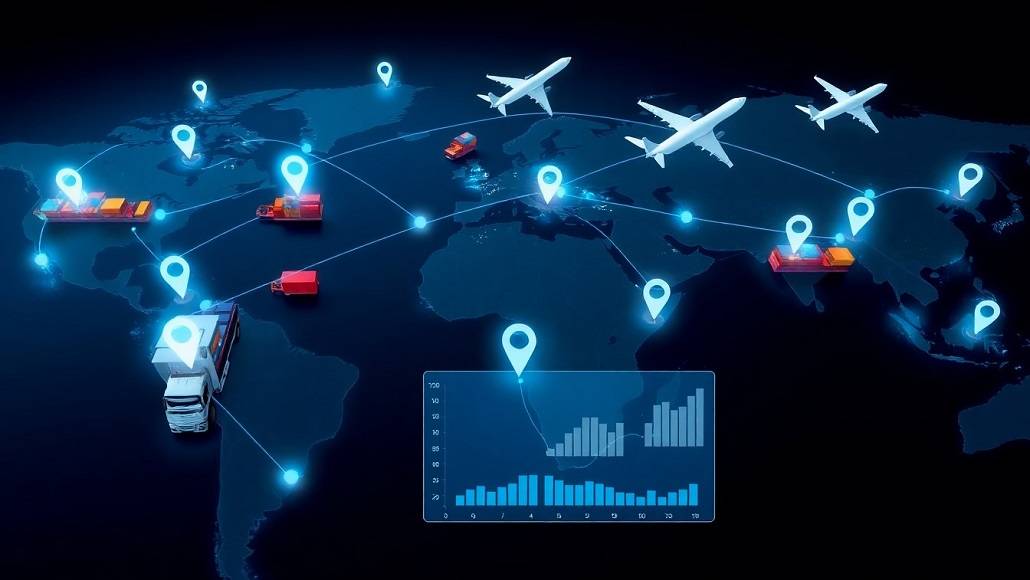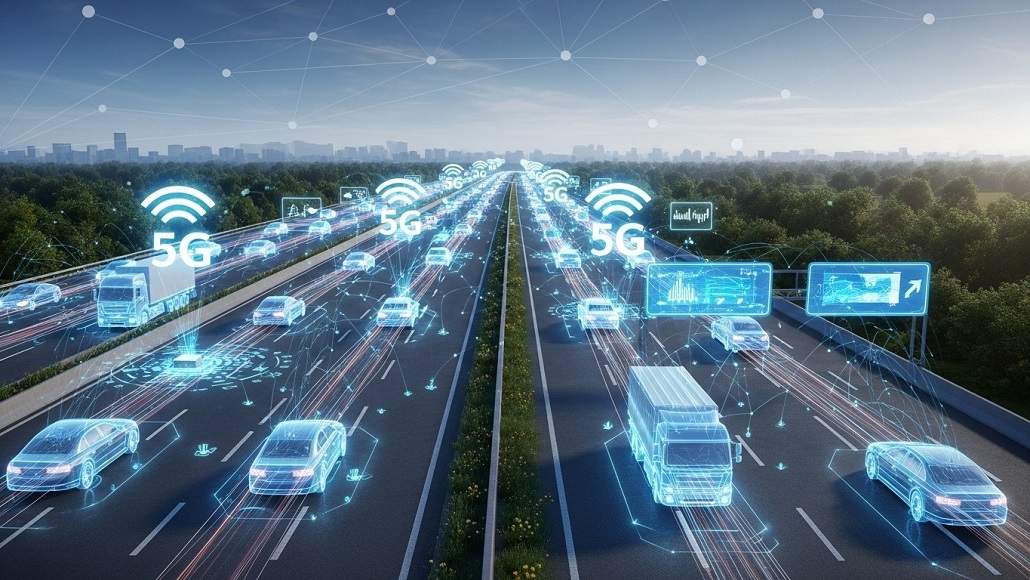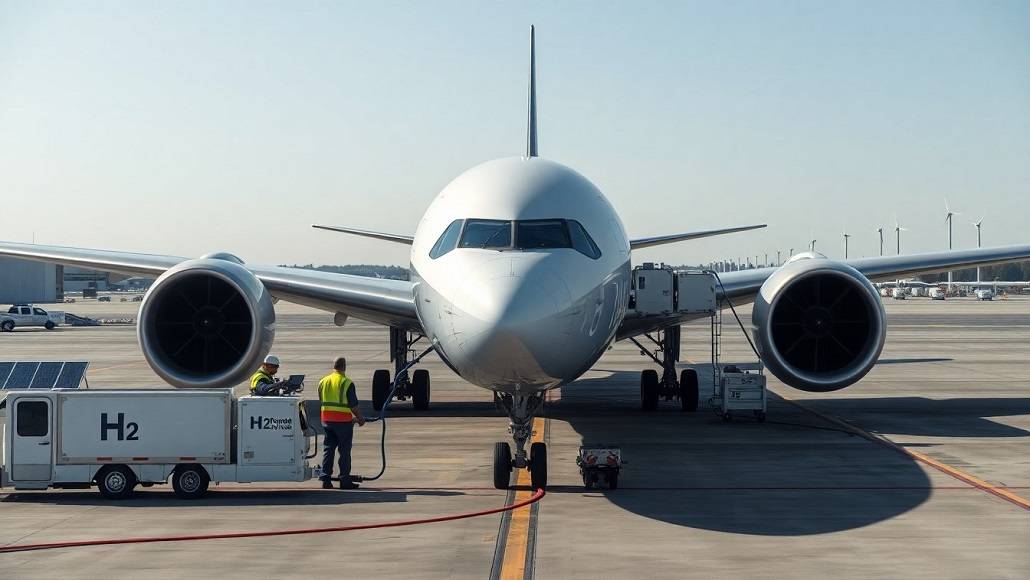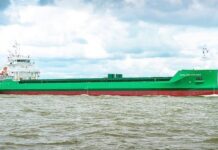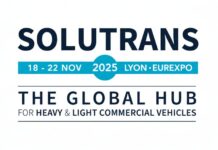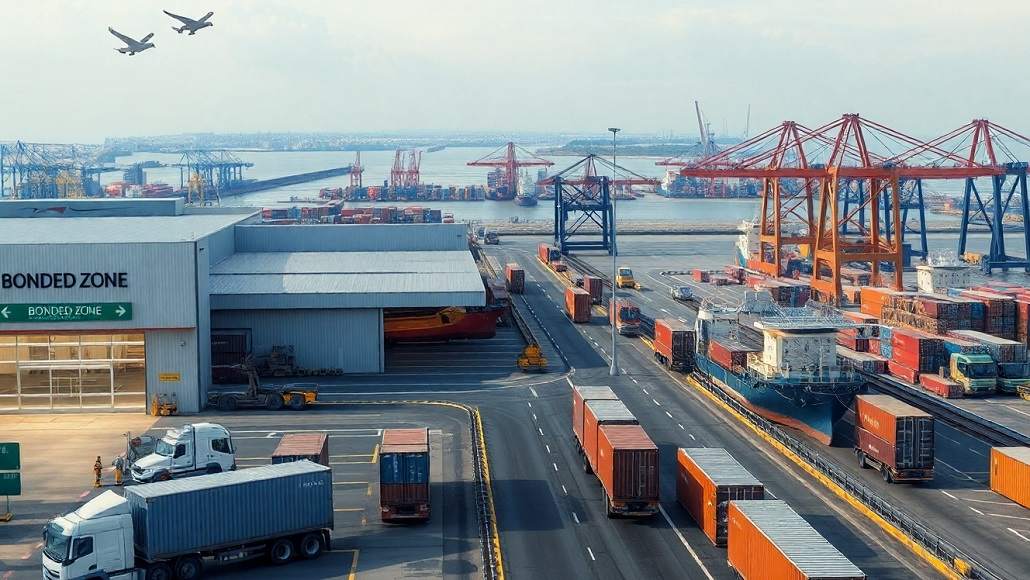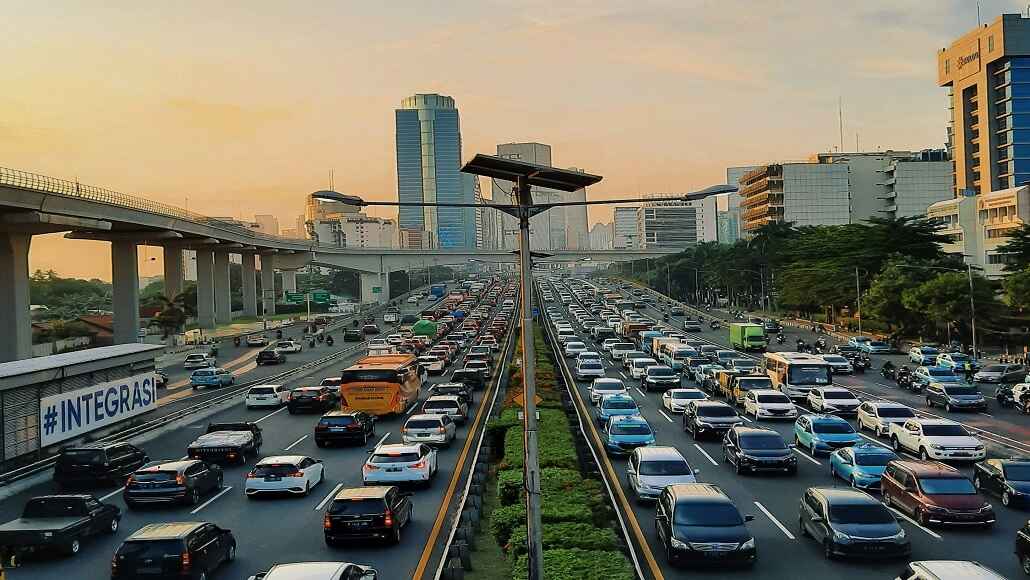The India-Middle East-Europe Corridor- IMEC happened to be launched on the sidelines of the G20 summit in 2023 in New Delhi with much fanfare.
Seen as a major pillar of United States President Joe Biden’s Indo-Pacific as well as Middle East strategies, the American leader went on to hail the project as a real big deal. Ursula von Der Leyen, the European Commission President, referred to it as nothing less than historic, and the Prime Minister of India, Shri Narendra Modi, under whose leadership the country has gone ahead to try as well as shake up China’s global supply chain dominance, went on to sell the IMEC as the fundamental when it comes to world trade for hundreds of years to come.
Highlighted as Biden’s alternative to China’s Belt and Road Initiative and Beijing’s multinational infrastructure as well as trade projects, the West anticipates IMEC can limit China’s growing geopolitical imprint. But the ongoing Israel-Hamas war has now held the works, and it is thereby leading to stalling IMEC’s development.
Apparently, with the war raging across the Middle East, the normalization prospect between Saudi Arabia as well as Israel has dimmed, thereby taking hopes for the corridor along with it, at least as of now. And as long as Gaza’s fate remains a bit wary so will IMEC’s future.
It is well to be noted that as a transcontinental maritime as well as railway network transporting not only goods but also energy as well as data through pipelines and also cables, IMEC would go on to connect the Indian coast to European markets. It will be doing so through a shipping route to the UAE, which then goes overland by way of a rail network to Saudi Arabia, Jordan, as well as Israel, thereafter which goods will be loaded onto the ships to go beyond the Mediterranean and dock at Greece.
Once entering the European port, the commodities are then going to be moved onward to Germany, Italy, as well as France, nations that have all come aboard as co-signatories when it comes to the Memorandum of Understanding zeroed upon in New Delhi.
All said and done, IMEC happens to be a huge undertaking riddled with numerous logistical as well as financial challenges. And while the biggest challenge to its viability happens to be Hamas’ October 7 attack on Israel, other questions with regards to the project’s viability have existed from the very start.
For instance, it still remains a bit hazy who exactly is going to pay the tens of billions of dollars that are required to improve existing infrastructure and, at the same time, fill in the gaps. The corridor needs over 2,000 kilometers of railroad, large parts of which are still unconstructed due to the challenging terrain which is seen in the Middle East.
As of now, there has been no feasibility study has been conducted on the pipelines that need to be laid to transport clean hydrogen or on the high-speed digital cables that are meant to make sure that the digital businesses are optimized. In addition to it, a state-owned Chinese company happens to be at present the majority stakeholder when it comes to the Piraeus port, which is the largest in Greece and also IMEC’s major entry point for Europe.
It is well worth noting that the geopolitical issues just don’t end there.
For one, the shipping route from Haifa, Israel, to Greece travels via waters disputed by Turkey, which is not a part of IMEC. And without a shred of doubt, Ankara does not look too pleased. There is no corridor without Turkey, President Recep Tayyip Erdoğan of Turkey had warned.
Apart from this, the experts have also pointed out an even more basic issue with anticipating IMEC to dissuade the Gulf nations from warming to China. As per Abdulkhaleq Abdulla, who happens to be an Emirati political scientist at present, the Gulf is not completely aligned with either the U.S. or even China, and hence it makes its decisions based on national interest.
They are not in anybody’s pockets, as sometimes the interests sync with the U.S. and sometimes, they are in line with China. The Gulf happens to be kind of confident enough now to be making its own decisions.
And then also, none of these concerns that are preexisting stopped IMEC’s 7 signatories from making an announcement about the project. Some of the experts go on to say that this may have been due to the project is, more of a political ploy, a point of talking for the upcoming elections, and not a serious project in which the West will go on to invest serious money. After all, the European Parliament, the U.S., as well as India are all going to the polls in 2024.
However, the IMEC’s proponents go on to believe the project happens to be backed by strong political will.
India, for instance, which has overtaken China as the world’s most populous nation in 2023, happens to be desperate to generate jobs; however, its present overland trade route to the West happens to be blocked by Pakistan. Meanwhile, its other trade line, the India North-South Trade Corridor, goes through sanctions-hit Iran, and then just to end, sanctions-hit Russia.
Saudi Arabia as well as the UAE, on the other hand, look to diversify away from fossil fuels, as both countries see IMEC as a perfect way to expand their economic activity sans any strings attached to human rights performance.
And Biden, on the other hand, is determined to come up with economic integration in various regions as a way to halt China in its tracks. And just after October 7 last year, the U.S. president went on to say that, though he didn’t have the proof, he was quite convinced that one of the major reasons behind the Hamas attacks was to stall progress on Israel’s regional integration. One indeed cannot leave that work behind, he said.
It is assumed that the American interest when it comes to exploring and developing Indian supply chains has indeed intensified further under Biden. The U.S. happens to be committed to making this a success, and it is a big part of their design.
Along these lines, much before the MoU on IMEC was even inked, the Indian businessman Gautam Adani outbid the Chinese for a chunk in Haifa port in January 2023. He then made a visit to Greece with Prime Minister Modi in August last year to try as well as secure their ports too. They welcome India’s interest when it comes to gaining greater access to the port of Piraeus as well as investing in other Greek ports so as to create gateways for exports to Europe, said the head of the Piraeus Chamber of Commerce and Industry, Vassilis Korkidis, at the time.
Greece happens to be eager to be the trade hub between Europe as well as developing nations and to play a major role when it comes to securing the continent’s energy needs, which is an increasingly immediate function due to the Russia-Ukraine war.
Saudi Arabia, on the other hand, has already gone on to commit to go ahead with an investment of $20 billion in IMEC, a major part of which will presumably go towards the much-needed domestic rail network.
Hence, among the signatories, it looks to be the European Union that happens to be the most reluctant. As per the analysts, the EU’s reticence to pose a challenge to China is no secret, and its step toward joining IMEC may have been a way of placating President Biden.
The Gaza war also happens to be the reason for Europe’s lack of enthusiasm. As per one of the Indian diplomats, it has indeed slowed down’ the progress of the project. Jacob Kirkegaard from the German Marshall Fund goes on to think on the same lines, noting that when it comes to IMEC, the GAZA is the joker.’
All this means that, first and foremost, IMEC’s future happens to be now dependent on the resumption of normalization discussions between Saudi Arabia and Israel, which could now go either way. But Abdulla is hopeful that once the dust goes on to settle, talks are going to pick up again.
His analysis happens to be that in a few months, when the war goes on to end, everybody is going to be in a better position so as to discuss a detente and also resume normalization.



